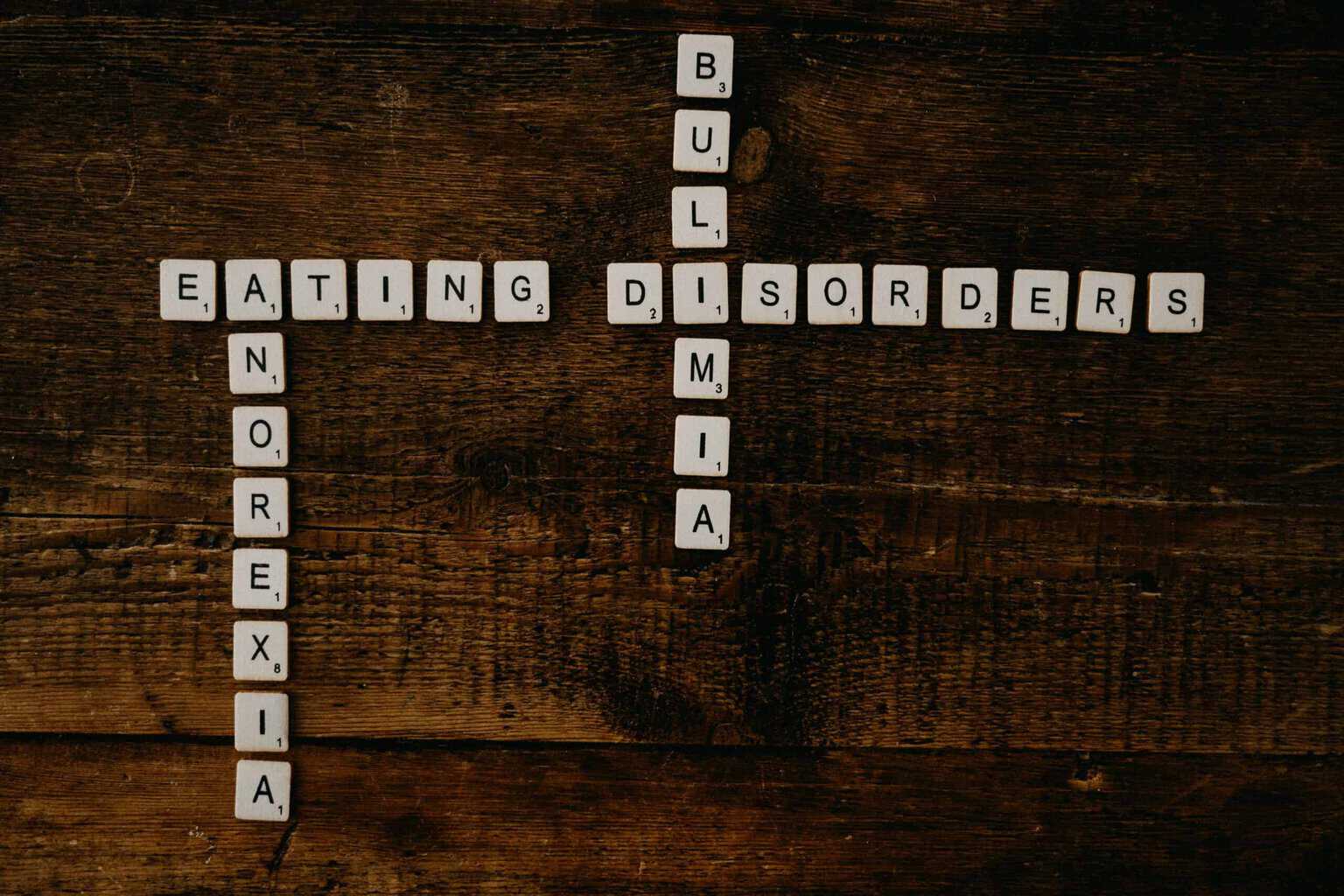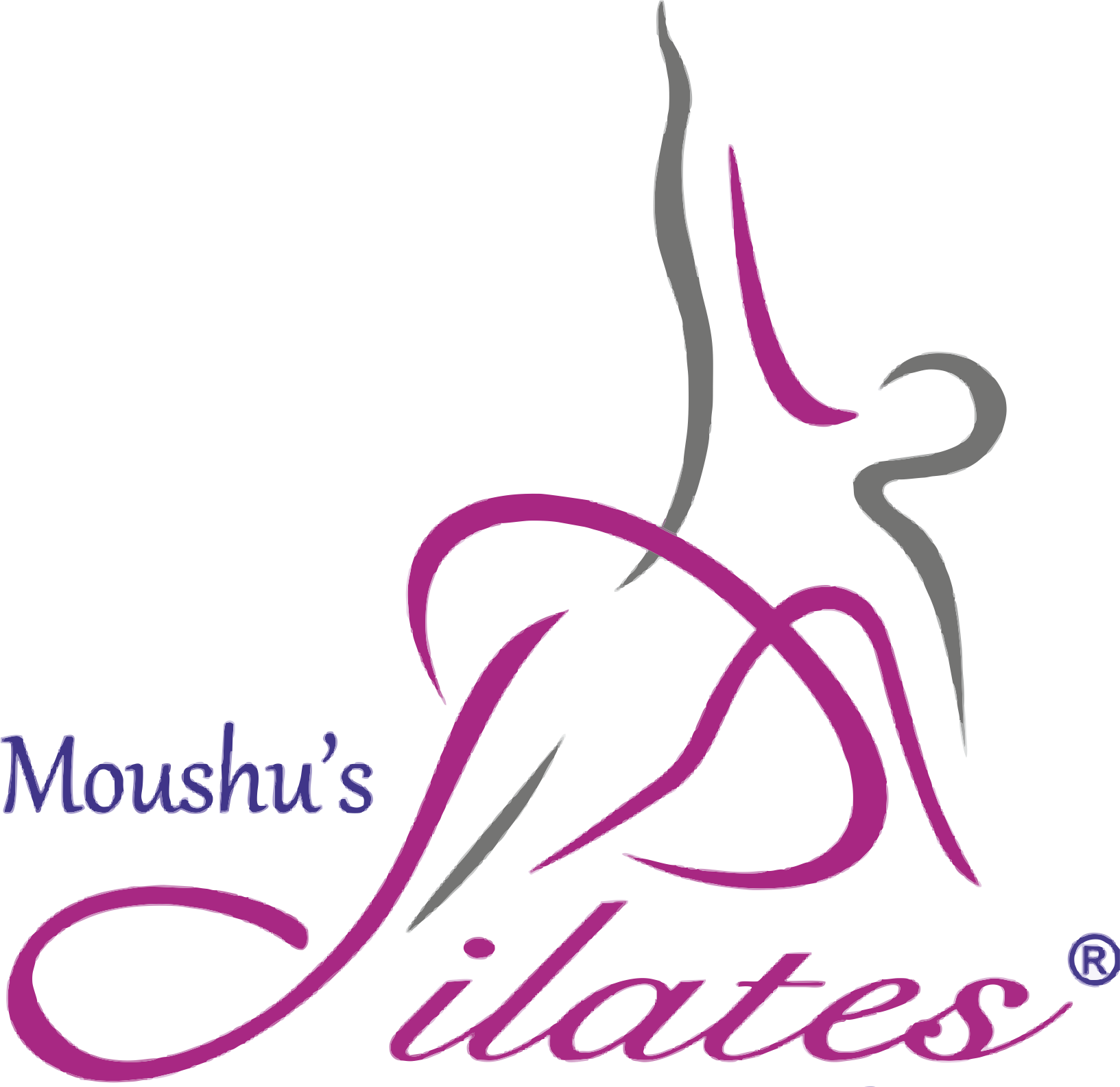Mental Health and Movement: Eating Disorders

As much as we hate it, how we look is big part of our own mental image. Movements like body positivity barely scratch the surface of how deep the issue of body image can go. From “light-hearted” jokes on someone’s shape to prying questions about their weight, in the guise of being concerned, body shaming can have many shades. In the most extreme cases, along with other factors, it can lead to eating disorders. This is the story of a young girl, who underwent the mental and physical trauma of anorexia and bulimia at the age of 12, and how she fought them.
Trigger warning: Description of anorexia and bulimia
Jiya’s story
Jiya was just hitting puberty, when she realized that her body was changing more rapidly than her friends’. With the hormonal changes, came a self-consciousness of how she was looking. In this most sensitive phase of her life, she experienced body shaming for the first time. Kids of her age were calling her “fat”, “chubby” and other denigrating names. That’s when she started comparing herself to others and feeling worse about herself.
The first sign that this body-shaming was affecting her mental health was that she started skipping meals. She was hoping that it would make her look thinner. Soon, she was just eating one meal a day. She convinced herself that it was just a diet. Unfortunately, no one questioned her weird eating habits. A year later when the lockdown began because of covid, it got easier to restrict her meals. Even then, this constant obsession about food and not eating lest she put on weight, was consuming her. And when the lockdown was lifted, she went to the other extreme and started overeating to compensate for all the hunger of the past few months. But this led to another major issue i.e., purging.
Eating even a single calorie-dense meal made her feel guilty and anxious. She would rush home and forcefully purge. The paranoia grew and she went on doing this for months. Her body started reacting to all the damage that was being done to it over the past 2 years. She was throwing up bile and there was internal bleeding in her stomach. Her immunity went down and she was constantly getting viral infections and cough. As was expected, she was feeling extremely weak all the time.
Jiya’s mother took her to the doctor, who diagnosed her with bulimia and recommended that she visit a nutritionist. Initially, the nutritionist helped, but she kept going back and forth. She would gain a bit of weight and then relapse. This cycle continued until her body couldn’t take it anymore. Her health was still deteriorating. She was also going to a therapist who advised her to visit a psychiatrist since therapy wasn’t helping her so much. Thus, she started psychiatric medication for the multiple mental health issues, including her eating disorders. But after months of taking these medicines, that also didn’t seem to be working.
Rehabiliation
Her condition was making her feel inescapable and suffocated. This is when Jiya realized that she needed to seek professional in-house treatment in order to actually get better and feel happy again. This is when she went to a rehabilitation center at a hill station on the outskirts of Kalyan. She stayed there for 19 months. Gradually she started feeling better overall and began loving herself again.
Although her body was recovering slowly over these 19 months, her body was still in shock. Her periods were irregular and for almost a year she didn’t her periods. A gynaecologist put her on birth control medication to kickstart her cycles again. Even after taking these medications, she didn’t get her periods naturally. She realized she needed some form of movement too.
At the rehab centre, her doctor helped her find healthier coping mechanisms for her guilt and paranoia related to food. She started replacing her unhealthy mechanisms like purging, bingeing and skipping numerous meals different forms of movement, like walking or swimming. As soon as she got out of rehab, she joined Moushu’s Pilates. She had heard from a lot of people how Pilates had helped them with their mind and body connect, mindfulness and self-acceptance.
Her relationship with food was still healing after rehab. Coming for Pilates classes at Moushu’s was her a form of comfort and security for her body at first. “As few more months passed, I genuinely started to love Pilates and accept myself more and more. It wasn’t only the changes I was seeing in how I looked but in how I felt. I felt strong instead of fragile. I realised how much I valued this feeling.”, says Jiya.
“I’ve been doing Pilates at Moushu’s Pilates for over a year now and even though I still have days of bad body image, I’ve had a lot more good body image days than I ever expected. Pilates helped me to focus on not only my health through the physical aspect, but overall holistic well-being.”
Anorexia and Bulimia
Anorexia nervosa is a condition where people avoid food, severely restrict food, or eat very small quantities of only certain foods. They also may weigh themselves repeatedly. Even when dangerously underweight, they may see themselves as overweight. This problem affects more women than men. It often starts during the teenage years. The number of young women between the ages of 15 to 19 who have anorexia nervosa has increased every 10 years since 1930.
Anorexia nervosa can be fatal. It has an extremely high death (mortality) rate compared with other mental disorders. People with anorexia are at risk of dying from medical complications associated with starvation.
Bulimia nervosa is a condition where people have recurrent and frequent episodes of eating unusually large amounts of food and feeling a lack of control over these episodes. This binge-eating is followed by behavior that compensates for the overeating such as forced vomiting, excessive use of laxatives or diuretics, fasting, excessive exercise, or a combination of these behaviors. People with bulimia nervosa may be slightly underweight, normal weight, or over overweight. They might have a chronically inflamed and sore throat, acid reflux, dehydration and electrolyte imbalance.
It’s never late to seek help
There is a commonly held misconception that eating disorders are a lifestyle choice. Eating disorders are serious and often fatal illnesses that are associated with severe disturbances in people’s eating behaviors and related thoughts and emotions. Preoccupation with food, body weight, and shape may also signal eating disorders. If you are experiencing something similar, please seek help. We, at Moushu’s Pilates, are here to be your friends on your road to recovery.
For some fun workouts, check out the video below:
Written with Laila Ali
A writer and Pilates instructor by profession, and a lawyer by education, Tarannum is passionate about art, travel, fitness and food. She has been practicing Pilates for the past five years at Moushu’s Pilates Studio and has experienced the transforming effects of it on her body, firsthand.
